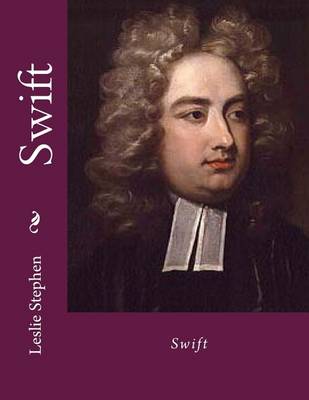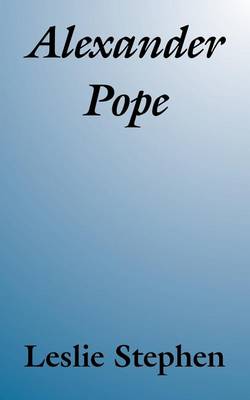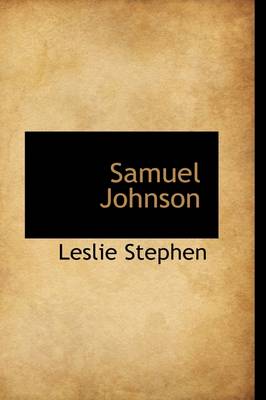English Men of Letters 39 Volume Set
3 total works
Sir Leslie Stephen (1832-1904) came from a distinguished family of politicians, jurists and writers, and was the father of Vanessa Bell and Virginia Woolf. His literary career began with writing about his great passion, the Alps, and he became a noted author and critic, and the first editor of the Dictionary of National Biography. He was a friend of John Morley (1838-1923), the general editor of English Men of Letters, who commissioned him to write three biographies for the first series, on Swift, Pope and Johnson. Stephen is very interested in the family connections and history of Jonathan Swift (1667-1745), the great satirist and moralist, and he blends direct sources with general conclusions in an informal style which makes the work (first published in 1882) of continuing interest today. Stephen's Sketches from Cambridge, published anonymously in 1865, is also reissued in the Cambridge Library Collection.
Blending history with literary criticism and general reflections with hard facts, this biography from 1880, which places the man in the context of his greatest works, remains a useful starting-point for the study of Pope, not least because it gives an overview of earlier biographies. Sir Leslie Stephen (1832-1904) came from a distinguished family of politicians, jurists and writers, and was the father of Vanessa Bell and Virginia Woolf. His literary career began with writing about his great passion, the Alps, and he became a noted author and critic, and the first editor of the Dictionary of National Biography. He was a friend of John Morley (1838-1923), the general editor of English Men of Letters, who commissioned him to write three biographies for the first series, on Swift, Pope and Johnson. Stephen's Sketches from Cambridge, published anonymously in 1865, is also reissued in the Cambridge Library Collection.
The English poet, literary critic, biographer and lexicographer Samuel Johnson (1709-84) is perhaps most famous for his Dictionary of the English Language and the influential Lives of the Most Eminent English Poets, and is often considered the most distinguished man of letters in English history. First published in 1878 in the first series of 'English Men of Letters', this biography by the eminent critic Sir Leslie Stephen traces Johnson's life from his childhood to his career as a writer and literary critic, and concludes with an overview of his works. Stephen describes Johnson's style as one of 'masculine directness', reflecting a life blighted by experiences of poverty and disease, and a desire to escape from pain. Painting a striking portrait of one of the most vigorous intellects of the eighteenth century, this work remains of interest to literary scholars today.


